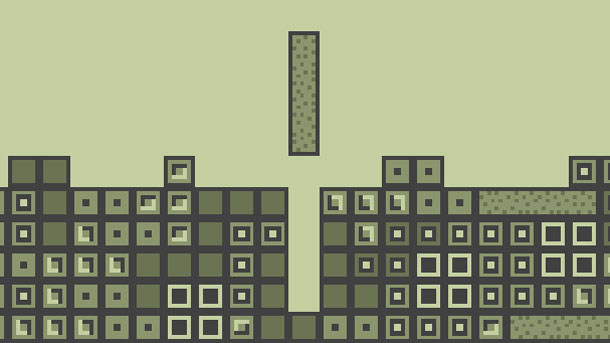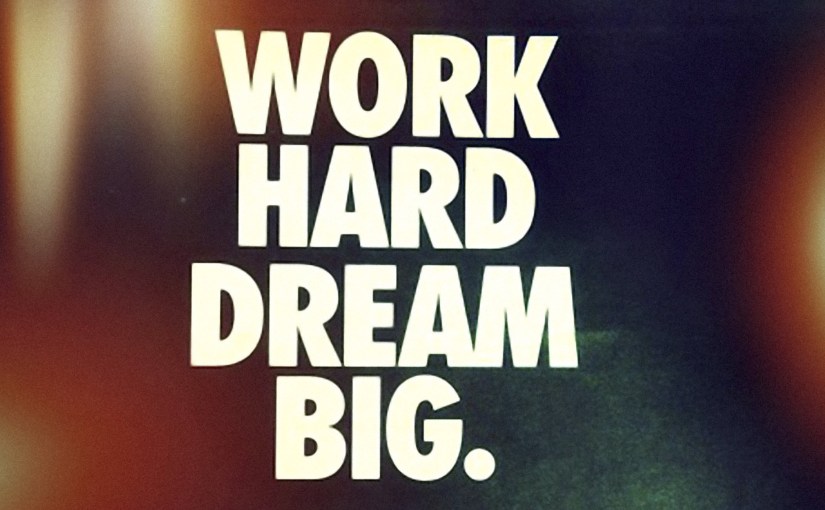In this article I share with you the key ingredient that nurishes my constant optimism and work dedication from these days. This is about unleashing your potential. This is about strategy. Enjoy!
Do what you can, with what you have, where you are.
Theodore Roosevelt (1858-1919)
This is one of my favorite quote. When I was volunteering in Nepal last year, it was extremely motivating. Sometimes when I realized how big were the problems that the people in the Himalayas were facing daily, I felt powerless. But then I would remember this quote and start doing something. It was not much, but at least it was something. Often, it would also remind me this other beautiful quote that I love:
You can not do all the good the world needs, but the world needs all the good you can do.
So, I would keep doing my little things, thinking that it was all I could do, but also the best that I could do. I had no money, no network of influential people, no building skills. But I knew quite well how to turn web technologies to my advantage and thus worked on improving the NGO’s web communication strategy.
But I was frustrated. Was this really all I could do, with what I had, right here?
I could not accept that. I could not accept that I could not do more. But I could not find any other way to do more. I had sleepless nights thinking about that. Until I found out the missing ingredient: time.
Time was the key. I was completely focused on my immediate resources, the things and skills I possessed right at that moment.
But there was something huge that I also had, and that I forgot to consider:
Potential.
Because I was stuck in projections of my immediate future actions, I completely overlooked my own potential to achieve amazing things.

So I started reconsidering my action plan, getting back to the original idea of “doing all I can, with what I have, where I am”, but this time considering a bigger timespan. What is the best I can reach in 5 years? 10 years? 25 years? How am I going to realize my full potential?
And furthermore, what should I start doing immediately to reach that?
There is nothing with which every man is so afraid as getting to know how enormously much he is capable of doing and becoming.
Søren Kierkegaard (1813-1855)
It took me a couple more sleepless nights to figure it out, and I am not going to share the whole thing with you here now, but I can tell you: it changed the way I woke up every morning since then.
With ambitious love,
Bastien
PS: I would appreciate your thoughts on this article. Please click here or leave a comment!






